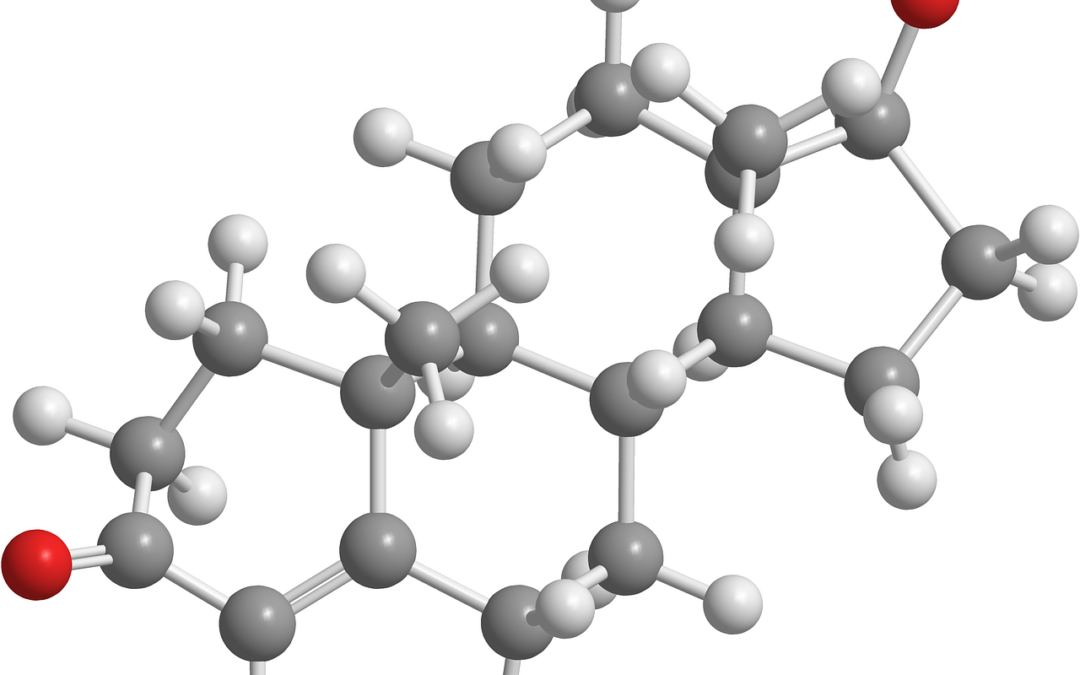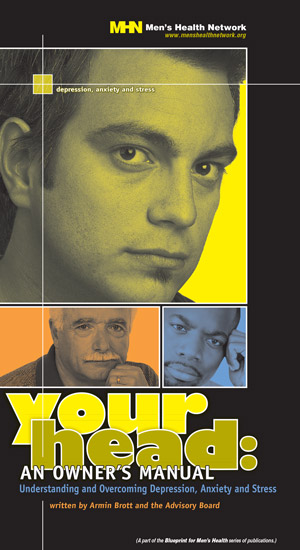Testosterone has taken a beating lately. We all know that it’s the hormone that makes guys, well, guys. It’s also associated with ultra-macho, boorish behavior, excessive body hair, and other unwanted things. That said, it’s still an essential hormone for men (and for women too, believe it or not), and if you don’t have enough of it, you could find yourself experiencing a variety of not-very-enjoyable side effects. So do you need more testosterone? Read on to find out.
Libido Lying Low
Not feeling as romantic as you used to? Not as interested in sex as you used to be? Could be a natural part of getting older, problems at work, depression, or troubles in your relationship with your significant other. Or it could be that you’re a little (or a lot) low on testosterone. When those T levels start to drop, your sex life is often not far behind.
Feeling Blue
Depression can be caused by a number of factors, including low T. In fact, men with inadequate testosterone levels are four times more than men with normal levels to suffer from depression.
Tired and Drained
If you wake up in the morning after what you think was a full night’s sleep and you’re still feeling exhausted, you might need a new mattress or fewer bedroom distractions (like the TV or snack foods). Or it could be that you’re running a little low on testosterone, which is involved in regulating your energy levels.
Weakness
If you’re a regular exerciser and you’ve started experiencing bouts of muscle weakness or an unexplained reduction in stamina when doing your usual workout, it’s probably not related to your physical conditioning (although if you don’t exercise regularly, your lack of activity could very well be the prime suspect). It might be your diet or an early indication that you’re coming down with something. Or it could be low testosterone.
The Dreaded ED
ED, or erectile dysfunction, is something you should always take very seriously. Sometimes your inability to achieve or maintain an erection is caused by a serious condition such as heart disease or diabetes. But ED can also be caused by something a little less life-threatening: low testosterone. So while you’re talking to your medical provider about your ED, ask about getting your T levels tested.
How to Improve Testosterone Levels
If after reading this you feel that you’re low on testosterone, help may be as close as the plate in front of you (although, if your testosterone is truly low, chances are good that what’s on your plate might actually be causing the problem). You can begin building your testosterone levels back up by eating the right foots. For instance, foods that are rich in zinc (such as oysters) may increase testosterone levels. If you’re not a fan of oysters, not to worry: there are plenty of other options out there too. A big bowl of oatmeal each morning has also been linked to improving levels of the male hormone. Other foods that may boost testosterone include eggs, cabbage, nuts, broccoli, and cauliflower. You might also try reducing the amount of sugar in your diet. Obesity and weight gain have a negative effect on testosterone levels (and vice versa). In addition, higher levels of exercise are associated with correspondingly higher levels of testosterone.
But before you take any steps to increase testosterone levels on your own, talk with a trusted medical provider. Some of those sure-fire pills and other “cures” that you can buy on the Internet or from a late-night TV ad may actually be dangerous. So put down the remote control and back away from the computer right now.




Recent Comments